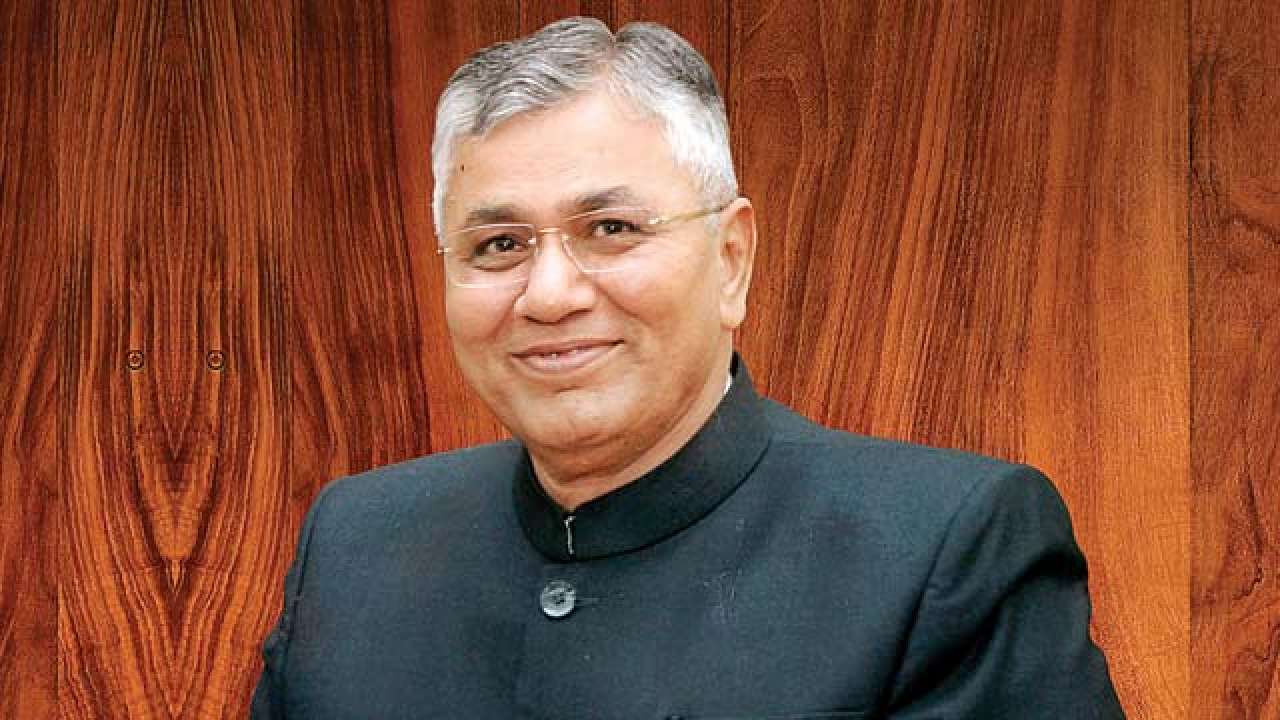
From judicial appointments to repealing outdated laws, the ministry has been on an overdrive. Minister of State for Law and Justice PP Chaudhary tells Ritika Jain that while a lot has been done, much more is on the anvil.
We have written to all departments of the Central Government and to the states to develop an "Action Plan for Special Arrear Clearance Drives" to reduce cases where the government is a party. National Litigation Policy is also being finalised to avoid unwarranted litigation. We wish to encourage Alternate Dispute Resolution mechanisms to redress grievances in the system. Many more initiatives in this regard are on the agenda.
This is a subject very close to Prime Minister Narendra Modi's heart. Out of 1,824 identified Acts enacted by Parliament, 1,175 Central Acts have already been repealed. Two Bills to repeal another 245 Central Acts are currently pending in Lok Sabha. Moreover, states have also been asked to expedite the repeal of 229 Acts (out of the identified 1,824 Acts) that were enacted for them by the Parliament.
Ever since this Government took over, earnest efforts are being made to leapfrog in the World Bank's Ease of Doing Business Rankings. On the legal front, various steps like enactment of Commercial Courts, Commercial Division and Commercial Appellate Division of High Courts Act, 2015, amendments in the Arbitration and Conciliation Act, 1996, have been undertaken and much more are on the anvil.
Yes. Appointment of judges is a continuous and collaborative process involving the executive and the judiciary and every effort is being made to fill up the existing vacancies expeditiously. It is our endeavour to ensure a potential candidate is selected for appointment as judge at least six months before a post goes vacant. Last year, 126 Judges in High Courts were appointed — the highest ever in a year. This year, 75 Judges have been appointed in the higher judiciary. We are also actively considering 134 fresh proposals.
As electorate matures and technologies advance, electoral reforms are a must. Many decisions have been taken including amending the Income Tax Act so that all donations exceeding Rs 2,000 received by political parties are only through account payee cheque/draft, electronic clearing system or through electoral bonds.
There is great potential for use of ICT in justice delivery system be it in the form of e-Courts where e-filing, Video Conferencing and digital record management transform the entire court ecosystem, or in the form of National Judicial Data Grid (NJDG) which can metamorphose the judicial landscape of the country.
Under-trials, especially those who have been granted bail by courts but are still incarcerated because they cannot deposit cash bail, continue to be a priority for us. We are working on 'Creation of a Bail Fund', which shall be available to such under-trials. We are also hopeful Nyaya Mitras engaged by our Ministry recently would coordinate with the local administration and prison authorities and take up the cause of under trials.
The "Judicial Standards and Accountability Bill" was passed in the 15th Lok Sabha but could not be discussed in the Rajya Sabha and lapsed due to dissolution of the Lok Sabha. This matter requires further consultation with various stakeholders.
Laws should be comprehensible for a common man. All the laws enacted by Parliament are translated into Hindi. It is our endeavour to ensure that all the laws are also made available in the various regional languages. Moreover, we also want to ensure that IndiaCode portal (indiacode.nic.in) becomes a single point repository for laws and subordinate legislation in the country.
There are multiple facets to this issue. Currently foreign law firms or foreign lawyers cannot practice the profession of law in India either on the litigation or non-litigation side but can give legal advice regarding foreign law and international legal issues. This matter is already sub- judice in the Supreme Court. Simultaneously we are in active discussions with relevant stakeholders to achieve a broader consensus on the issue.